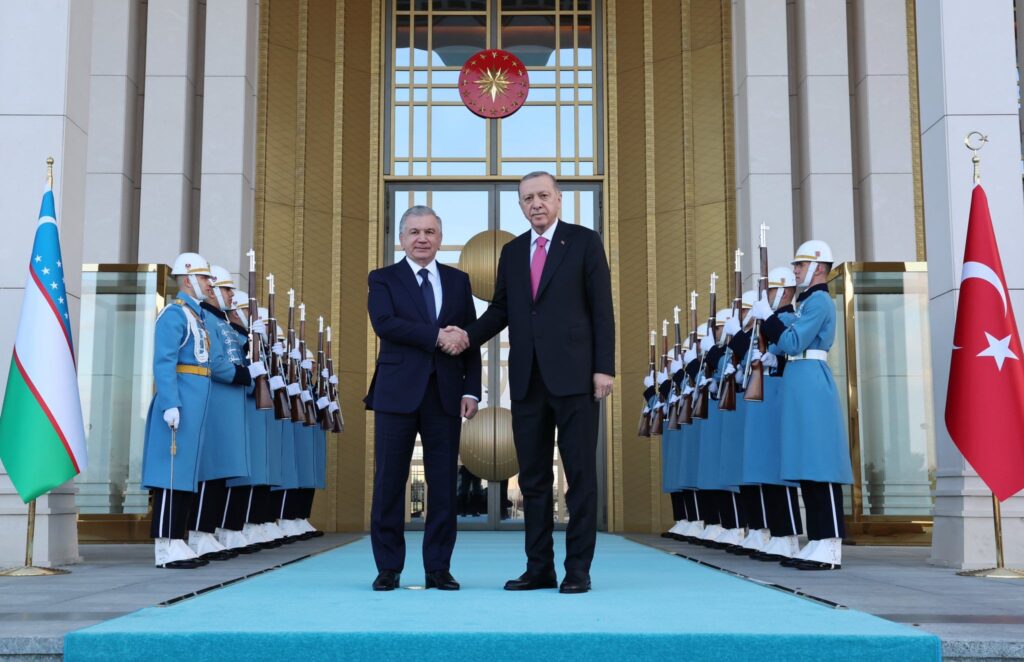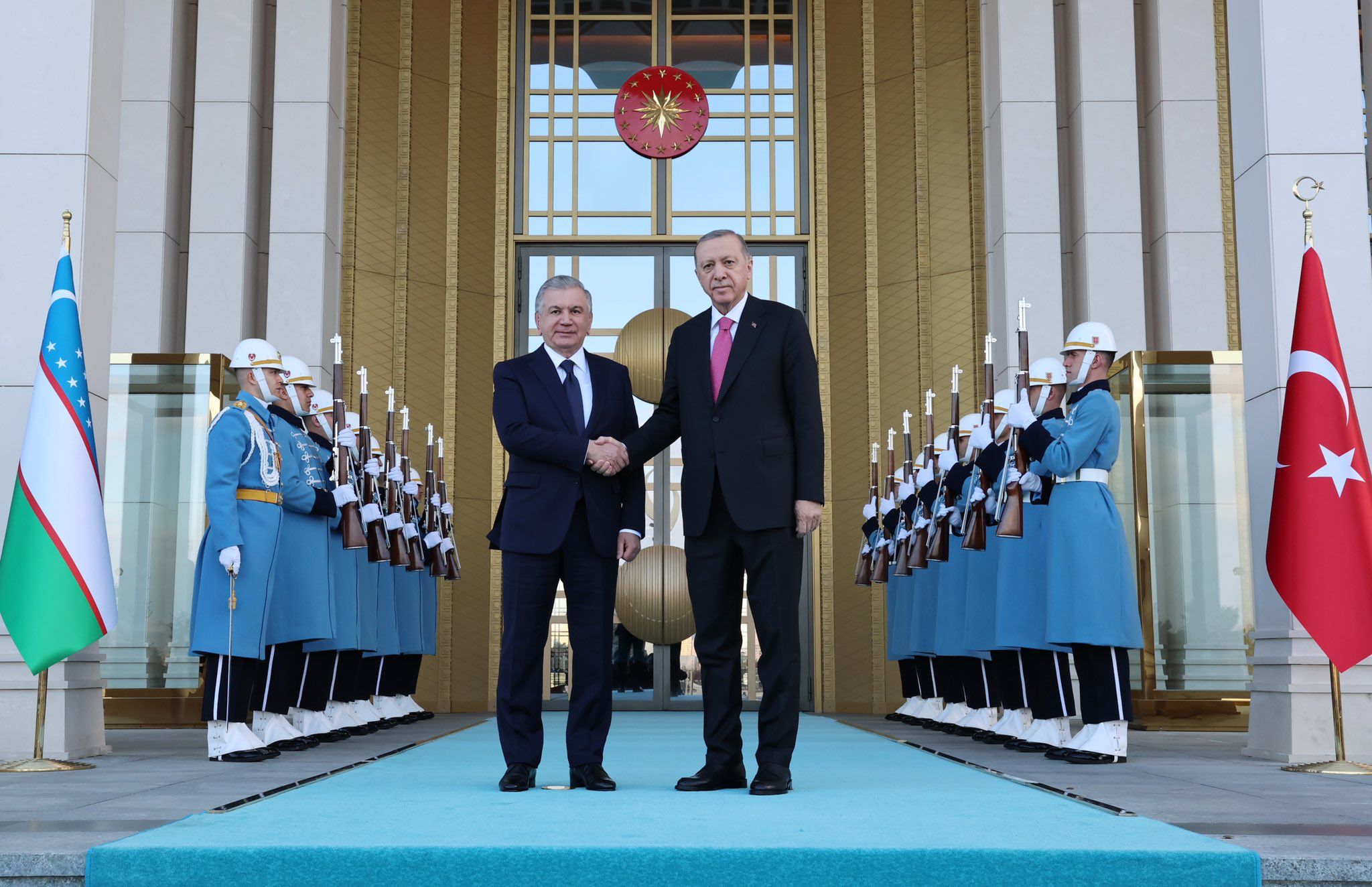Shavkat Mirziyoyev, the president of Uzbekistan, has been in power since 2016, following the death of his predecessor, Islam Karimov, who ruled the Central Asian country with an iron fist for 27 years. Mirziyoyev, who served as Karimov’s prime minister for 13 years, has promised to transform Uzbekistan into a democratic state with respect for human rights and the rule of law. He has initiated a series of reforms that have been widely praised by the international community and welcomed by many Uzbeks. But how genuine and sustainable are these reforms, and what are the challenges and risks that Mirziyoyev faces in his quest to modernize Uzbekistan?

One of the most notable achievements of Mirziyoyev’s presidency has been the improvement of relations with neighboring countries in the region, especially Kyrgyzstan and Tajikistan, with whom Uzbekistan had long-standing disputes over borders, water resources, and ethnic minorities. Mirziyoyev has also sought to diversify Uzbekistan’s foreign policy and economic ties, reaching out to Western countries, China, India, Turkey, and other partners. He has also expressed interest in joining the Eurasian Economic Union, a trade bloc led by Russia, but has not decided yet.
Another area where Mirziyoyev has introduced significant changes is the economy. He has liberalized the currency exchange rate, reduced state intervention and bureaucracy, encouraged private sector development and foreign investment, and launched ambitious infrastructure projects. He has also tackled some of Uzbekistan’s most notorious human rights abuses, such as forced labor in the cotton industry, which employs millions of people annually. He abolished the quota system that compelled farmers to deliver a certain amount of cotton to the state at low prices and allowed them to grow other crops or sell their produce on the market. He also increased the wages of cotton pickers and introduced mechanization to reduce manual labor.
Mirziyoyev has also taken steps to reform Uzbekistan’s political and legal system, which was characterized by repression, corruption, and lack of accountability under Karimov. He has released hundreds of political prisoners, some of whom had been jailed for decades on trumped-up charges. He has closed down the infamous Jaslyk prison, where torture and ill-treatment were rampant. He has eased media censorship and allowed some public criticism and debate. He has also proposed constitutional amendments that would strengthen the role of parliament and civil society, enhance judicial independence and human rights protection, and abolish the death penalty.
However, despite these positive developments, many observers and activists have raised doubts about the sincerity and depth of Mirziyoyev’s reforms. They argue that he is still an authoritarian leader seeking to consolidate his power and eliminate potential rivals or opposition. They point out that he has not allowed genuine political pluralism or competition in Uzbekistan, where all parties are loyal to him and his agenda. They note that he has extended his presidential term from five to seven years through a referendum in May 20211, which could enable him to stay in office until 2040 if he wins two more terms. They also highlight that he still controls the security apparatus and the judiciary, which can be used to silence dissenting voices or fabricate cases against critics.
Moreover, they warn that Mirziyoyev’s reforms face many challenges and risks that could undermine their sustainability or effectiveness. They mention that Uzbekistan still suffers from widespread poverty, unemployment, inequality, and social problems that could fuel discontent or instability. They also stress that Uzbekistan is a volatile region prone to geopolitical tensions, security threats, environmental disasters, and humanitarian crises. They suggest that Mirziyoyev must balance his relations with different actors and interests, internally and externally, without compromising his reform agenda or provoking backlash or resistance.
Shavkat Mirziyoyev has brought about significant changes in Uzbekistan since he came to power in 2016. He has implemented various liberal reforms in different spheres, improving Uzbekistan’s image and prospects. However, he has also maintained his authoritarian grip on power and faced criticism for his lack of genuine democracy or human rights respect. He also faces many challenges and risks that could jeopardize his reforms or stability. Therefore, whether Mirziyoyev is a true reformer or an autocrat in disguise remains to be seen.

















